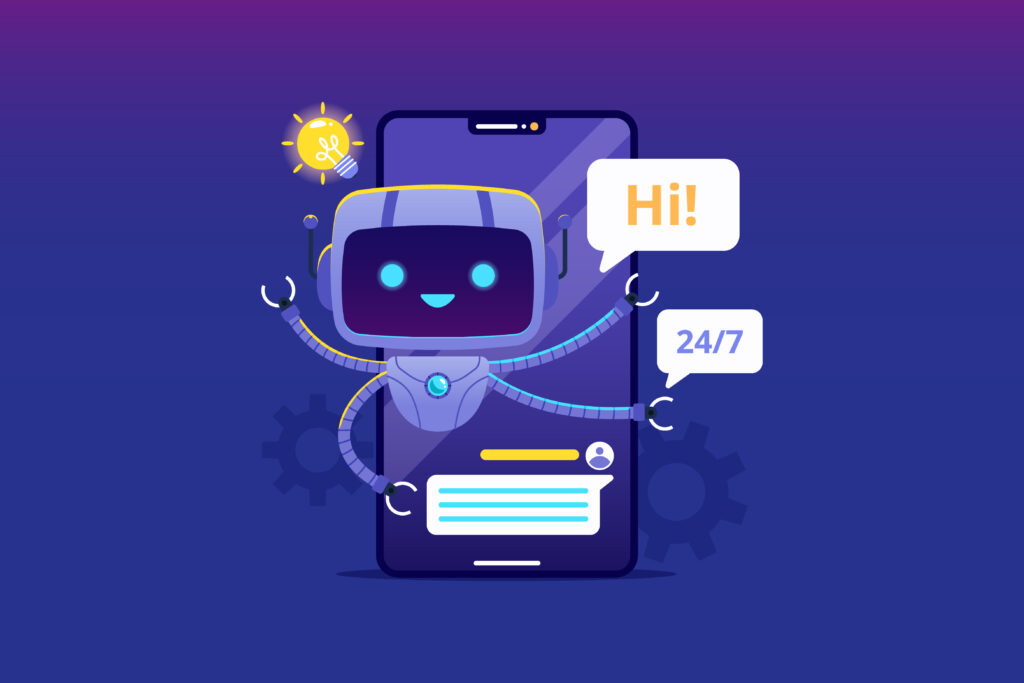In today’s digital-first world, customer support is more than just resolving issues—it’s about creating a long-lasting relationship with customers. The emergence of Large Language Models (LLMs) offers a revolutionary approach to customer service. With the power of an LLM for customer support, businesses can now provide more personalized, efficient, and round-the-clock service, ultimately enhancing customer engagement.

Understanding LLM for Customer Support
An LLM for customer support is a powerful AI-driven tool designed to understand and generate human-like text. These models, like OpenAI’s GPT series, are trained on extensive datasets, enabling them to comprehend and respond to a wide range of customer inquiries. This capability makes LLMs ideal for automating and enhancing various aspects of customer support.
Benefits of Using LLM for Customer Support
24/7 Availability
One of the primary benefits of deploying an LLM for customer support is its ability to provide round-the-clock service. Unlike human agents, LLMs don’t need breaks, ensuring customers receive immediate assistance at any time. This continuous availability is key to improving customer satisfaction and retention.
Efficient Handling of Routine Queries
Routine questions like “What are your business hours?” or “How can I reset my password?” can overwhelm customer support teams. An LLM for customer support can handle these repetitive inquiries instantly, freeing up human agents to focus on more complex issues. This not only speeds up response times but also improves operational efficiency.
Personalized Customer Interactions
Personalization is crucial in today’s customer-centric market. An LLM for customer support can analyze previous interactions and customer data to tailor responses, making customers feel valued and understood. For example, if a customer asks about a recent purchase, the LLM can reference specific order details, providing a seamless and personalized experience.
Multilingual Support
In a global marketplace, language should never be a barrier. An LLM for customer support can be trained in multiple languages, allowing businesses to offer support to a diverse customer base. This capability not only broadens a company’s reach but also ensures a consistent and high-quality support experience across different languages.
Enhancing Customer Engagement with LLM
Proactive Customer Engagement
Beyond just responding to queries, an LLM for customer support can proactively engage with customers. For instance, it can send reminders to customers who have abandoned their carts or offer recommendations based on browsing history. This proactive approach helps to re-engage customers and drive conversions.
Social Media Integration
Social media is a critical channel for customer engagement. Integrating an LLM for customer support into social media platforms enables real-time responses to customer comments and inquiries. This ensures that customers feel heard and valued, enhancing brand loyalty.
Content Creation and Curation
An LLM for customer support can also assist in content generation, such as crafting personalized emails or creating blog posts that resonate with customer interests. By analyzing customer data, the LLM can tailor content to specific demographics, improving engagement and driving more meaningful interactions.
Sentiment Analysis and Feedback
Understanding customer sentiment is essential for any business. An LLM for customer support can analyze feedback from surveys, reviews, and social media to identify trends and customer sentiment. This analysis provides valuable insights for improving products and services, leading to better customer engagement strategies.
Challenges of Implementing LLM for Customer Support
While the benefits of using an LLM for customer support are clear, there are also challenges to consider:
Data Privacy and Security
Since an LLM for customer support relies on vast amounts of data, ensuring data privacy and security is crucial. Companies must implement stringent measures to protect customer information and comply with data protection regulations.
Balancing Automation with Human Touch
Although an LLM for customer support can handle many tasks, it’s important not to lose the human element. Some customer interactions require empathy and nuanced judgment, which an LLM may not fully replicate. Therefore, a hybrid approach that combines LLM efficiency with human empathy is often the best strategy.
Training and Customization
To maximize the effectiveness of an LLM for customer support, it must be properly trained and fine-tuned to align with a company’s brand voice and values. Continuous monitoring and updates are necessary to ensure the LLM’s responses remain accurate and on-brand.
Managing Customer Expectations
Transparency is key when implementing an LLM for customer support. Customers should be aware when they are interacting with an AI and have the option to connect with a human agent if needed. Clear communication helps build trust and ensures customer satisfaction.
The Future of Customer Support with LLM
The adoption of LLM for customer support is just beginning, but its potential is vast. As LLM technology continues to advance, we can expect more sophisticated and intuitive customer interactions. Future developments may include better understanding of context, greater emotional intelligence, and the ability to handle more complex inquiries.
Businesses that integrate an LLM for customer support effectively will not only improve their customer service operations but also enhance overall engagement. By offering faster, personalized, and proactive interactions, companies can build stronger relationships with customers, leading to increased loyalty and long-term success.
Conclusion
The use of an LLM for customer support represents a significant shift in how businesses interact with their customers. From automating routine tasks to providing personalized experiences, LLMs offer a powerful tool to enhance customer support and engagement. However, it’s crucial to implement LLMs thoughtfully, balancing automation with the human touch and prioritizing data security. As the technology evolves, the role of LLMs in customer support will only grow, shaping the future of customer interactions.


